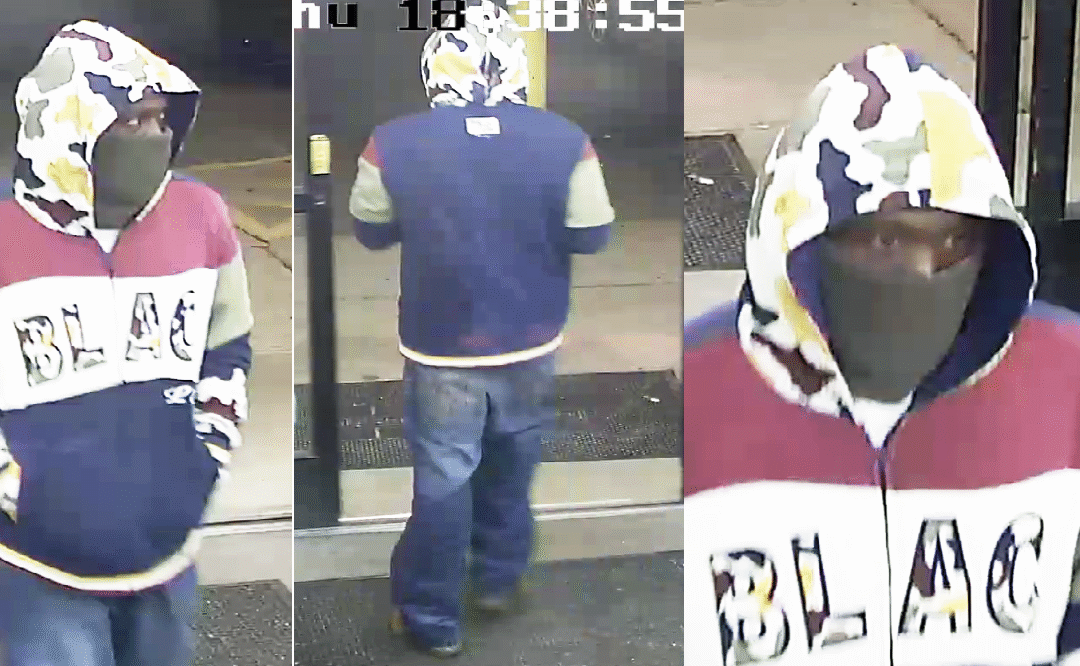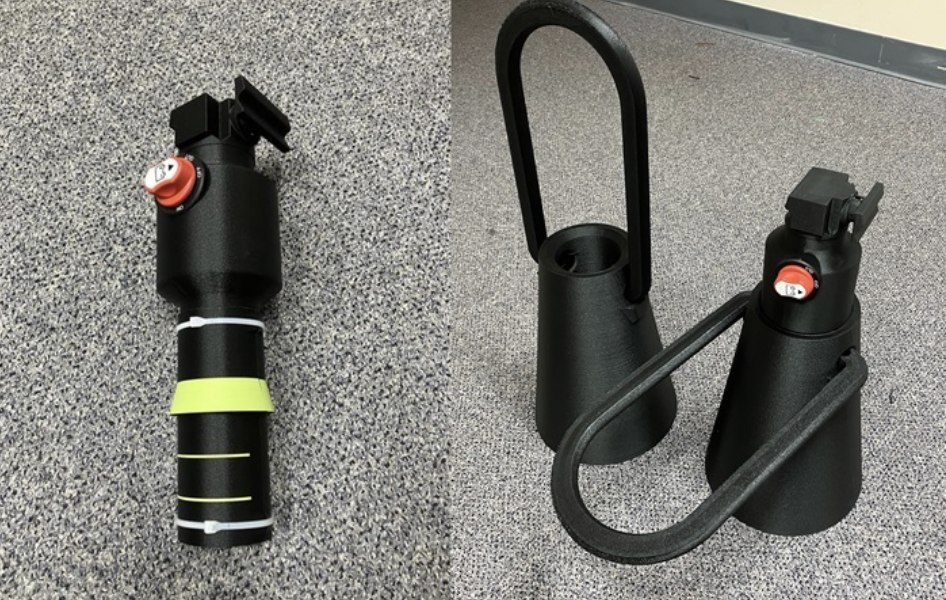A Georgia Senate committee last week passed an important piece of legislation intended to curb the sale of illicit fentanyl by enhancing the criminal penalties for trafficking the drug.
Senate Bill 79 seeks to extend the prison sentence for fentanyl trafficking to about double that of more traditional controlled substances such as morphine, opium or heroin. Depending on the amount, someone caught dealing could face up to 35 years behind bars.
Fentanyl deaths have become part of an almost endless cycle of drug dependence in America, and the drug impacts people from all socio-economic backgrounds.
Anyone who has suffered a traumatic bodily injury or painful disease such as cancer can attest that breaking the chemical dependency on opioids can be every bit as agonizing as the injury itself.
When the government cracked down on doctors overprescribing opioids such as oxycodone and morphine, people began turning to the streets for relief, and every illicit drug sold on the street has the potential to have some amount of fentanyl in the mixture.
Fentanyl is so deadly that an almost microscopic grain of it is enough to kill an adult within seconds of ingesting. The drug is so powerful that it is either administered in a hospital setting or by way of a time-release patch to prevent accidental overdose.
The bill now only has one hurdle left, the Senate Rules Committee, before making it to the floor; however, public support in the legal realm is not going to be enough.
Almost everyone knows a person or a family that has had to deal with opioid addiction, or has even attended the funeral of someone who fell victim to scourge.
While it is important to get these “dealers of death” off the streets, it is also important for people to step up and try to intervene when they suspect someone close to them is fighting this battle and seek to get them the help that they desperately need.
It may be an uncomfortable conversation to have, but it may ultimately save a life.








